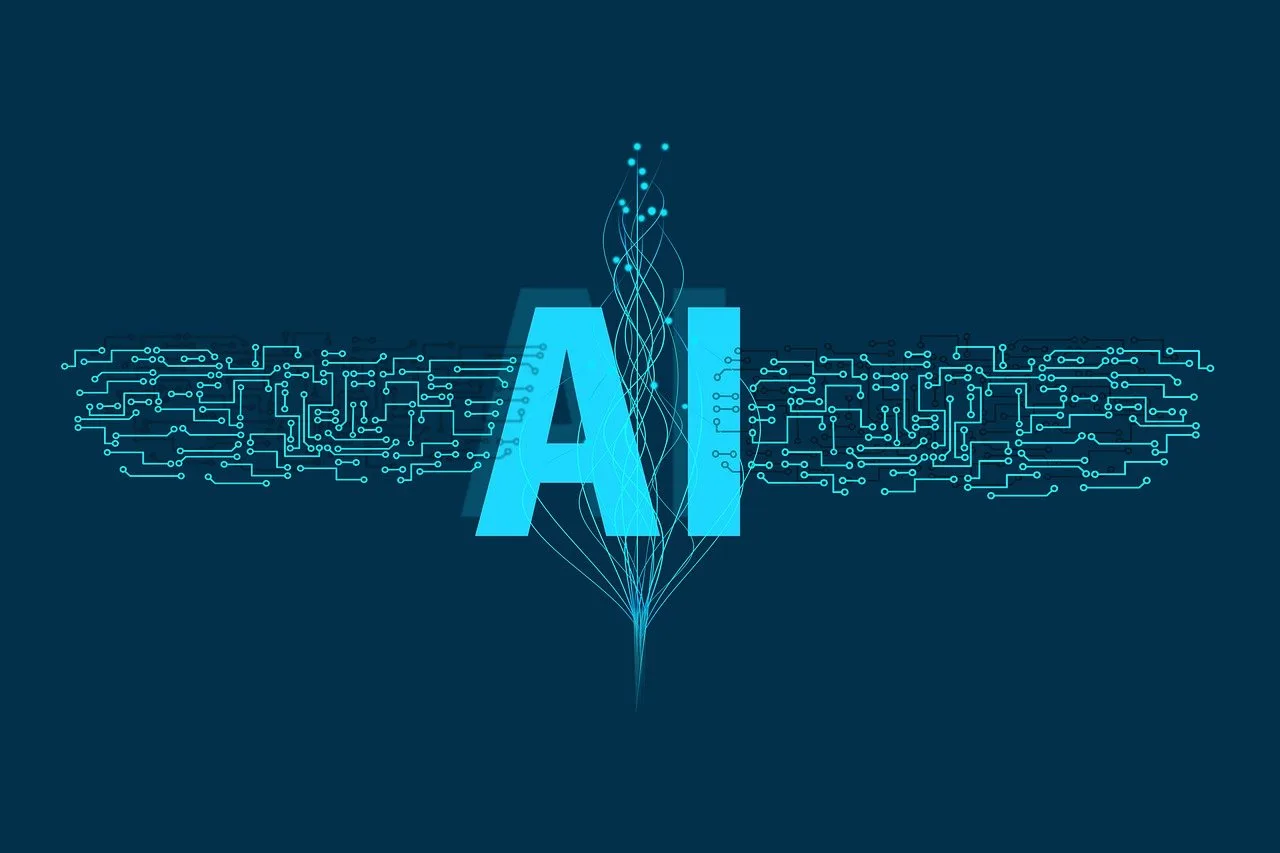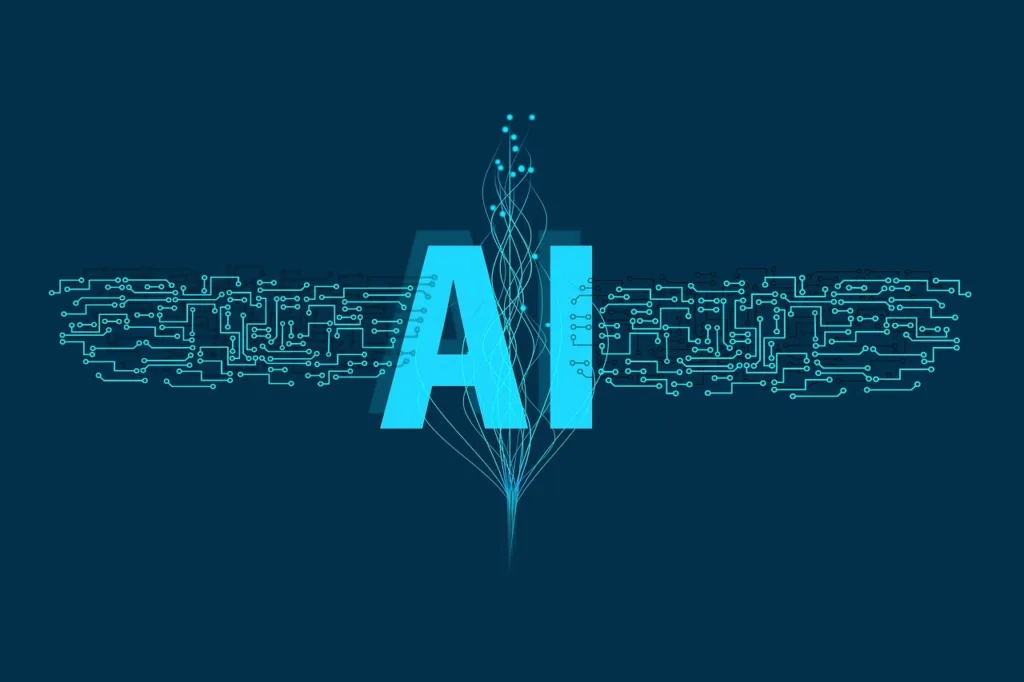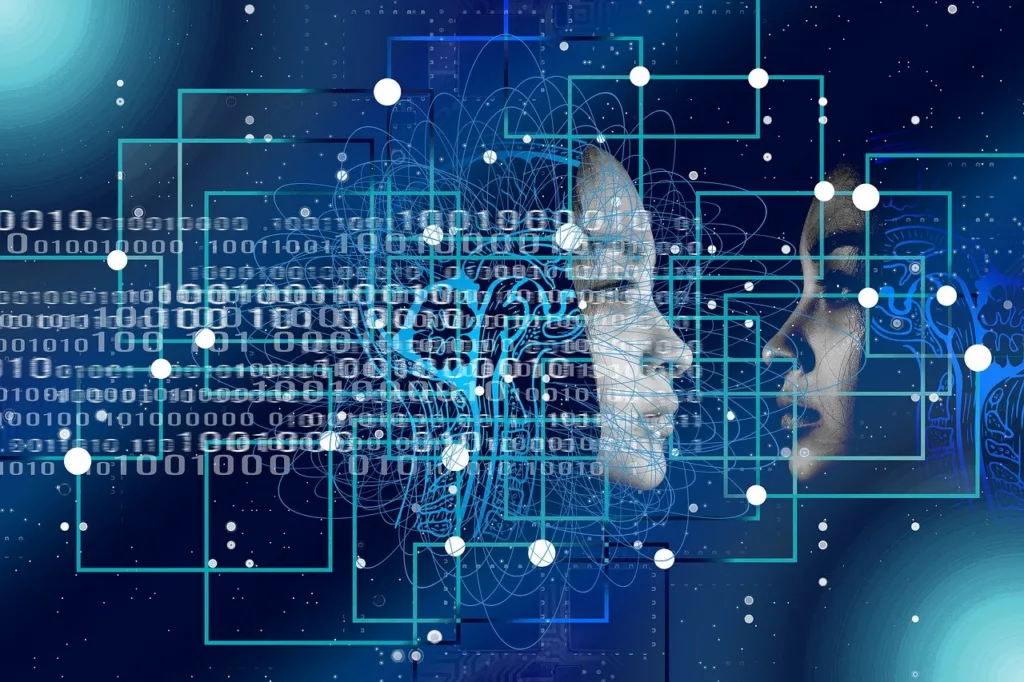
The Future of AI in 2050: A Closer Look at Its Potential and Impact

Over the last 2 years, we’ve witnessed a gradual evolution of Artificial Intelligence (AI), bringing about significant changes across different sectors and reshaping the very fabric of our daily lives and professional landscapes. As we cast our gaze towards the horizon of 2050, it sparks curiosity to unravel the possibilities AI holds and the profound effects it could wield on our societal structure. This piece aims to dive into the multifaceted realm of AI in 2050, shedding light on its progressions, hurdles, ethical dimensions, and the promising advantages it may usher in.
Advancements in AI
By the time we reach 2050, Artificial Intelligence is anticipated to have achieved remarkable progress in various crucial domains. A standout area of development lies in natural language processing, empowering AI systems to comprehend and interact with human language with unparalleled accuracy and fluency. This evolution will usher in more sophisticated virtual assistants, seamless language translation, and improved communication interfaces between humans and machines.
The refinement of machine learning algorithms will be another noteworthy stride, empowering AI systems to glean insights from extensive datasets and make increasingly precise predictions. This breakthrough will carry profound implications for sectors like healthcare, finance, and transportation, where AI-driven systems can contribute to disease diagnosis, forecast market trends, and optimize traffic management.
Furthermore, significant strides in computer vision are expected, enabling AI systems to interpret and grasp visual information akin to human vision. This progression will unlock applications such as autonomous vehicles, facial recognition systems, and augmented reality experiences that seamlessly merge the virtual and physical realms.
Challenges in AI
The vast potential of AI in 2050 brings along a set of formidable challenges that cannot be overlooked. A paramount concern is ensuring the ethical application of AI. With the increasing power and autonomy of AI, it becomes imperative to establish comprehensive guidelines and regulations, safeguarding against misuse or unintended consequences. This entails addressing issues like bias in AI algorithms, privacy considerations, and the potential for job displacement.
Another intricate challenge revolves around developing AI systems that are transparent and explainable. As AI continues to advance in complexity, deciphering the rationale behind its decisions becomes progressively challenging. This lack of transparency poses a hindrance to the trust and acceptance of AI systems, particularly in critical sectors such as healthcare and law enforcement.
Furthermore, there’s a pressing need to grapple with the potential impact of AI on the job market. While AI holds the promise of automating repetitive tasks and boosting efficiency, it also raises concerns about job displacement in certain industries. Preparing for this transition involves offering retraining opportunities and creating new job roles that complement the evolving landscape of AI technology.
Read Also: Learn Using AI for Fintech Troubleshooting Guides.

Ethical Considerations
With the increasing integration of AI into our daily lives, a cascade of crucial ethical considerations surfaces. A primary apprehension revolves around the potential reinforcement of biases within AI systems, derived from the data on which they are trained. Ensuring the fairness and impartiality of AI algorithms becomes paramount, guarding against any form of discrimination against specific individuals or groups.
Privacy emerges as yet another weighty ethical concern. The efficacy of AI systems often hinges on access to extensive personal data. Consequently, it becomes imperative to institute robust privacy measures, safeguarding individuals’ data and fostering transparency in its utilization.
Furthermore, establishing clear guidelines for the accountability of AI systems is a pressing necessity. As AI gains autonomy, discerning the entities responsible for the actions and decisions of these systems becomes critical. Addressing issues of liability, especially in cases of AI-related accidents or errors, becomes pivotal in shaping the ethical landscape of AI integration.
Potential Benefits
Despite the hurdles and ethical considerations, the trajectory of AI in 2050 promises substantial positive impacts. Foremost among these benefits is the potential to revolutionize healthcare outcomes. AI-driven systems stand poised to assist in early disease diagnosis, personalize treatment plans, and enhance the accuracy of predicting patient outcomes. This holds the promise of not only streamlining healthcare delivery but also elevating the overall quality of patient care.
In the realm of transportation, AI emerges as a transformative force in our daily commutes. Autonomous vehicles, powered by AI, have the capacity to elevate road safety, alleviate traffic congestion, and enhance overall transportation efficiency. The ripple effects extend to our environment, economy, and overall quality of life.
Education, too, stands on the brink of transformation through AI. The personalization of learning experiences and tailored recommendations to students mark a potential turning point. AI-driven tutoring systems, adapting to individual learning styles and paces, ensure that each student receives the tailored support necessary for their success.
Beyond these domains, AI can play a pivotal role in addressing global challenges such as climate change and resource management. By analyzing vast datasets, AI-powered systems can identify patterns and trends, empowering us to make more informed decisions and craft sustainable solutions for a better future.
Final Remarks
As we cast our eyes toward the horizon of 2050, the prospects for the future of AI appear remarkably promising. The strides made in natural language processing, machine learning, and computer vision position AI as a transformative force, poised to revolutionize industries and elevate our daily experiences. Nevertheless, in this journey forward, it remains imperative to conscientiously confront the challenges and ethical considerations intertwined with AI.
Only by fostering responsible and beneficial applications of AI can we unlock its full potential and shape a future that yields profound benefits for humanity as a whole. These considerations stand as guiding principles for a future where AI becomes a true ally in our collective progress.
Explore the versatility of AI applications in our blog, covering diverse purposes and insights. Join us on a journey to discover the latest trends and practical uses in the ever-evolving world of artificial intelligence.








